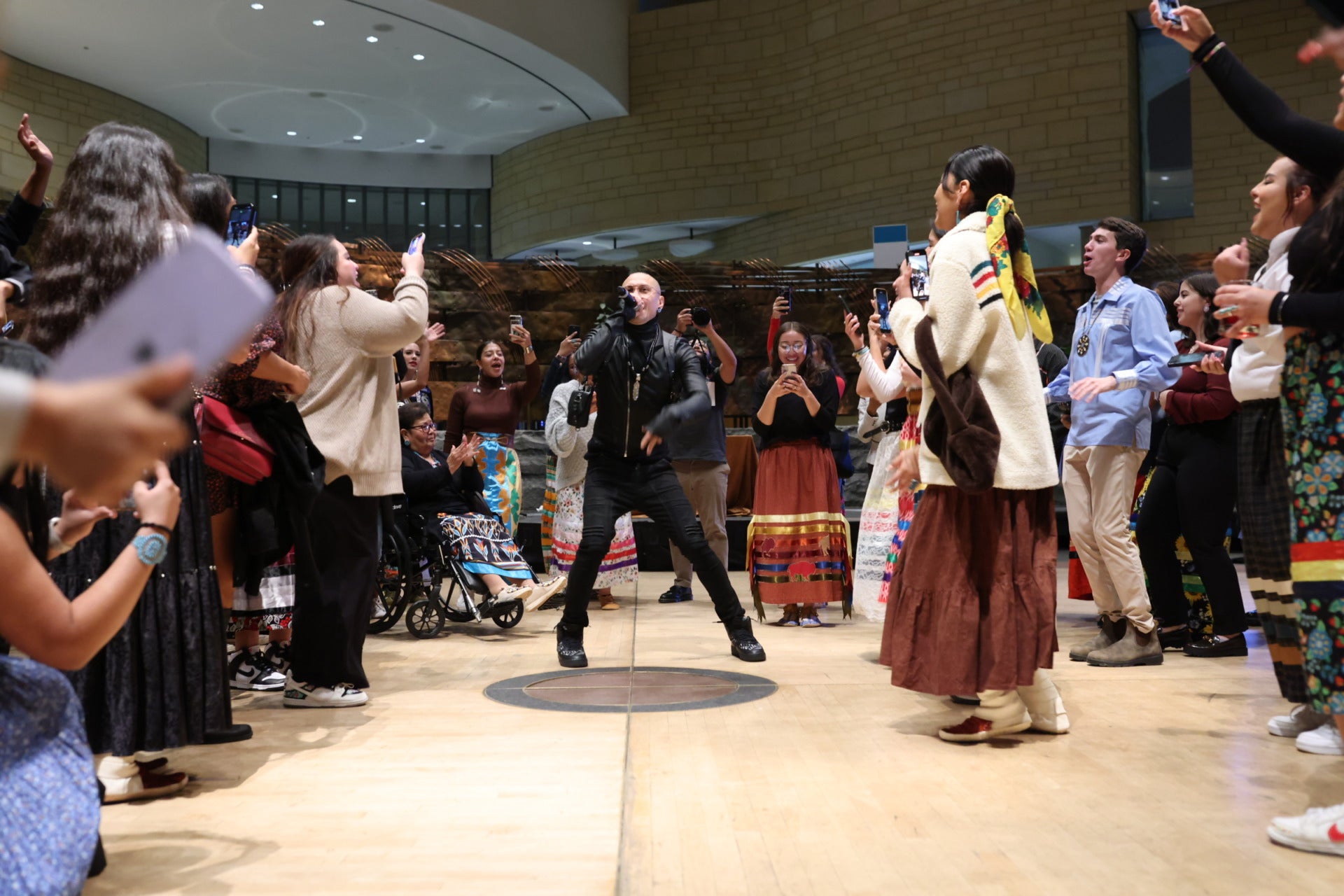
On June 18, the US Patent and Trademark Office canceled the Washington Redskins’ trademark registration. In response, the Center for Native American Youth at the Aspen Institute (CNAY), which has been active in advocating against this racist name, released the following statement:
The fight to change the name of the Washington, DC, National Football League’s team mascot has gained significant traction over the past year. We at CNAY often hear from youth about how racism and stereotypes negatively impact their lives.
“Young American Indians are proud of their heritage and their culture,” said CNAY founder and chairman, former Sen. Byron Dorgan. “But even at their young age, they know about prejudice. They wouldn’t expect to be called ‘Redskins’ when they visit our city.”
Leaders throughout Native American tribes and communities, organizations, and policymakers have come together to advocate against racist mascots and speak out against Washington’s football team name because it is a racial slur offensive to Native Americans. The US Patent and Trademark Office’s decision to cancel the Washington Redskins trademark is the most recent contribution to the intense fight to eliminate the mascot.
We at CNAY have heard from youth about racist mascots impacting their self-esteem — and success — and have become engaged in this debate in various ways.
Last November, USA Today published an op-ed written by Dorgan, calling the football team name “racist and offensive.” The National Congress of American Indians (NCAI) has been instrumental in leading the effort to change the Washington football team name through social media campaigns (#NotYourMascot and www.changethemascot.org) and circulating the “Proud To Be” video. CNAY joined NCAI and hundreds of tribal organizations by signing a letter in support of changing the name. The letter was addressed to NFL players asking them to speak out against the team name. Strong champions for changing the name, former NCAI President Jefferson Keel and current President Brian Cladoosby both serve on CNAY’s Board of Advisors.
Simply put, as our founder has said, “The name should be changed!” The US Patent and Trademark Office’s decision to cancel the trademark is an encouraging and exciting development toward that end.
Erin Bailey is director of the Center for Native American Youth (CNAY) at the Aspen Institute; Josie Raphaelito is the CNAY program coordinator.

